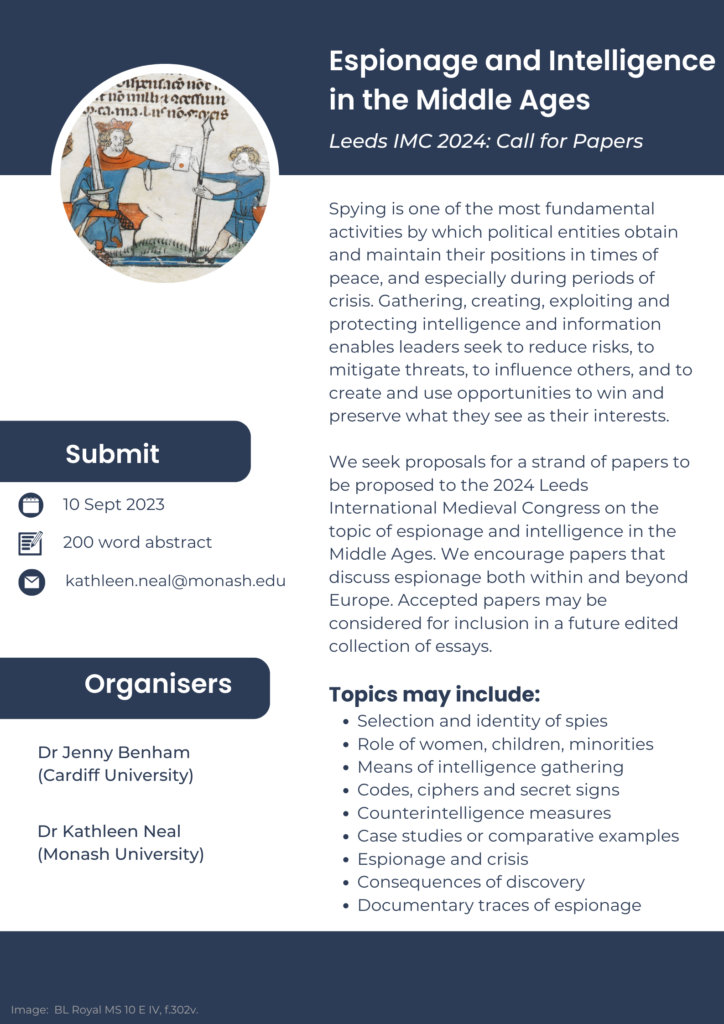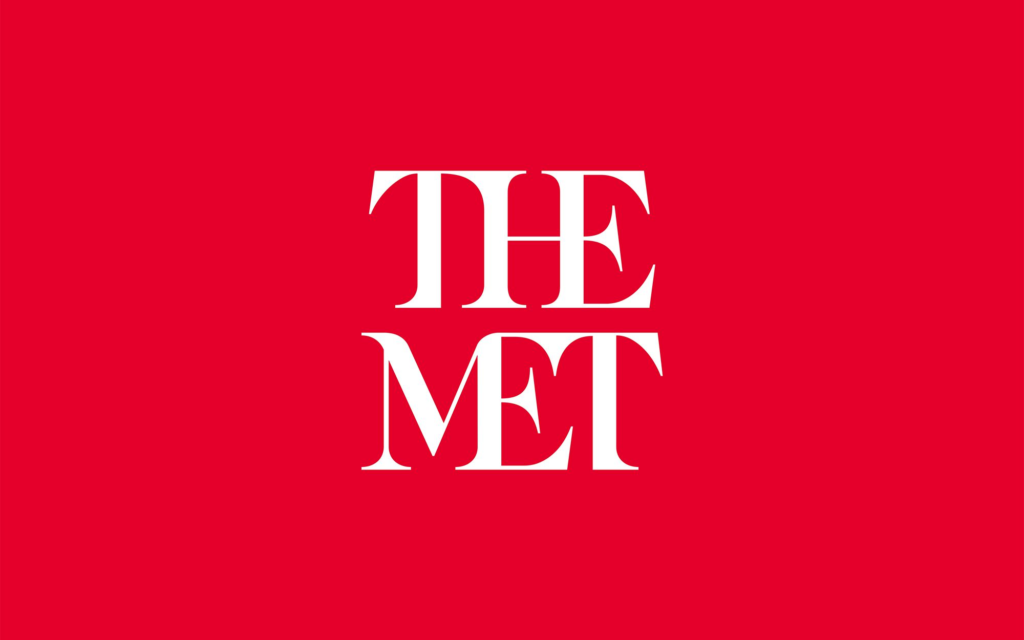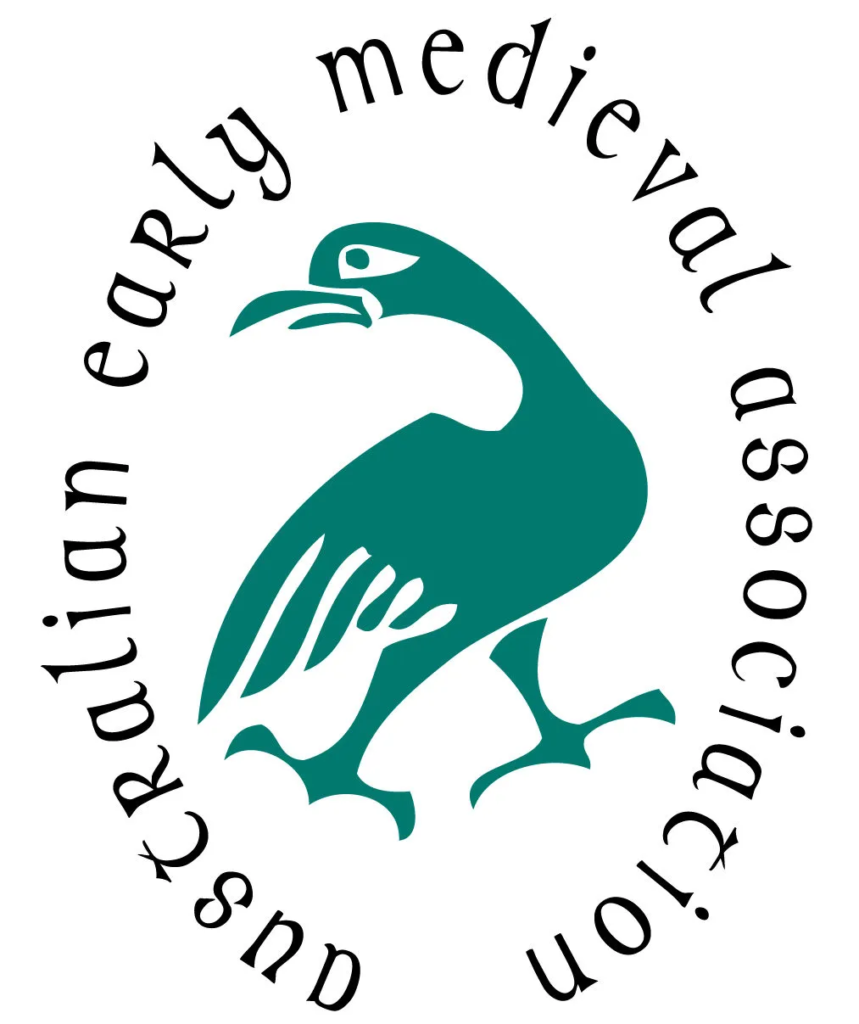The editors of Parergon, in conjunction with our Early Career Committee members, are hosting an inaugural Next Generation Plenary Panel at the upcoming ANZAMEMS conference, 8-11 February 2024.
This is an exciting opportunity to showcase the work of new scholars in early modern and medieval studies, and selection to present on the panel will be a prestigious addition to any graduate student or early career researcher’s curriculum vitae.
We are soliciting abstracts from scholars who are developing new methodologies, researching new materials and looking at traditional issues in new ways.
Next Gen Plenary papers will be selected via an anonymous screening process following submission through the conference portal: https://www.anzamems2024.co.nz.
Please indicate at the end of your abstract that you would like to be considered for the Next Gen Plenary Panel. If you have already submitted an abstract, please contact Marina Gerzic to inform her that you would like it to be considered for this panel (info@anzamems.org).
Abstracts will be anonymised by the conference organisers and assessed by a panel made up of the editors of Parergon and a representative from the Parergon ECC committee. The George Yule Prize winner may be invited to be part of the panel.
Next Gen plenary speakers must be either graduate students undertaking a PhD, or scholars who have received their PhD in the last 10 years. All panellists must be current members of ANZAMEMS.
Submissions are due September 15, 2023.















